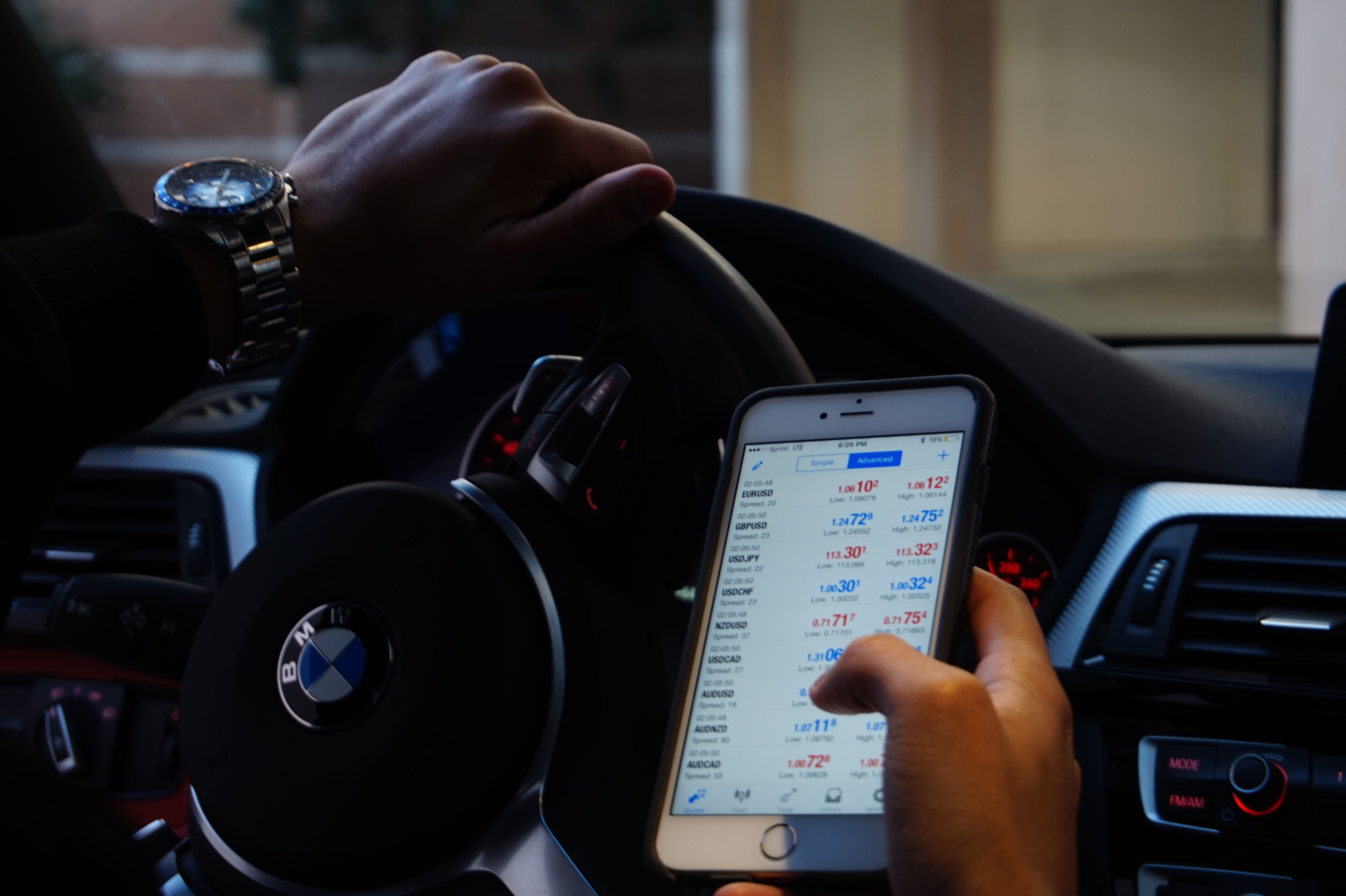Cell phone violations are among the most common ones I see — and for good reason. Officers issue them regularly. And if convicted, they pack a whopping five points on your New York record. And to boot, they’re fiendishly tough to beat.
As such, I often have varieties of the following conversation.
Client: “He gave me the ticket for cell phone — but I wasn’t on the phone.”
Me: “Perhaps not, but that’s a difficult defense to prove in court.”
Client: “My cell phone records will prove I wasn’t on the phone.”
Me: (see below)
First, some legal background. There are two varieties of cell phone ticket. They’re both five points, but they are very different charges.
The first type is issued under VTL 1225(c)(2)(a), and is most often described as “improper cellphone use.” This ticket alleges that the motorist was speaking on the cell phone while driving. In a common fact pattern for this ticket, the police officer will describe a driver holding a cell phone in his hand by his mouth or ear while the vehicle is in motion.
The second is issued under VTL 1225(d), and is usually called “operating a portable electronic device.” The Legislature wrote this ticket to address texting when driving, but it encompasses a wide variety of other activities that can be construed as “operating” — including, but not limited to, watching YouTube videos, sending emails, blogging, reading a listicle, reading a serious thought piece in the Atlantic Monthly, writing a blog, TikTokking (is that the correct way to say it?), WhatsApping, Instagramming, Tweeting, Facebooking, MySpaceing (you’re probably too young for that one), and so on and so forth.
If you’ve ever seen a cell phone bill, you know that it is, at best, limited. Cell phone records show phone usage, but unlike the two statutes above, they have a very limited definition of usage. Phone records will show phone calls made and received, and the length of those conservations. Some phone bills will show text messages received and sent and the total data usage during the billing period. And that’s about it.
In other words, if you have a ticket for portable electronic device under 1225(d), your cell phone bill won’t be any help at all, because the bill won’t show whether you partook in the wide variety of activities that the law defines as “operating.” You might as well just not bother taking the time and effort to order a phone bill.
If you’re charged with improper cell phone use, there’s a chance it could work — but not a great chance.
First, check the time on the summons and the times on the bill. There has to be a phone call that lines up exactly with the time of the violation. Five minutes too early or too late is not relevant.
Second, make sure you provide the entire phone bill, cover to cover. If you provide just a single page, the judge may say that the bill lacks proper context to be probative. (That’s the lawyer way of saying, it doesn’t tell us anything useful.)
Even if you try all of the above, your chances of winning with this defense are not great.
Why’s that? Well, TVB judges can be cynical. You probably would be, too, if you listened to motorist’s often far-fetched defenses to simple violations all day. They may ask if you have multiple phones on the same account — if you do, the phone bill for one number doesn’t help. Or they could point out that you could, theoretically, be observed holding a phone near your mouth or ear, even if you aren’t speaking on the phone.
Time for some legal talk: Holding the phone by your mouth or ear creates a rebuttable presumption that you are speaking on the phone. The phone records can potentially rebut that presumption. But that still doesn’t guarantee a win, because a judge will probably ask you the obvious question: Why were you holding the phone by your mouth while driving? There’s no good reason to do that, the judge may say, and it’s not safe to do. So even with your phone records, you can still be convicted.
The best way to win a case? Hire an attorney who fights traffic violations. Cell phone records work once a while, but an attorney will win much more often, and will save you the trouble and stress of going to court.


